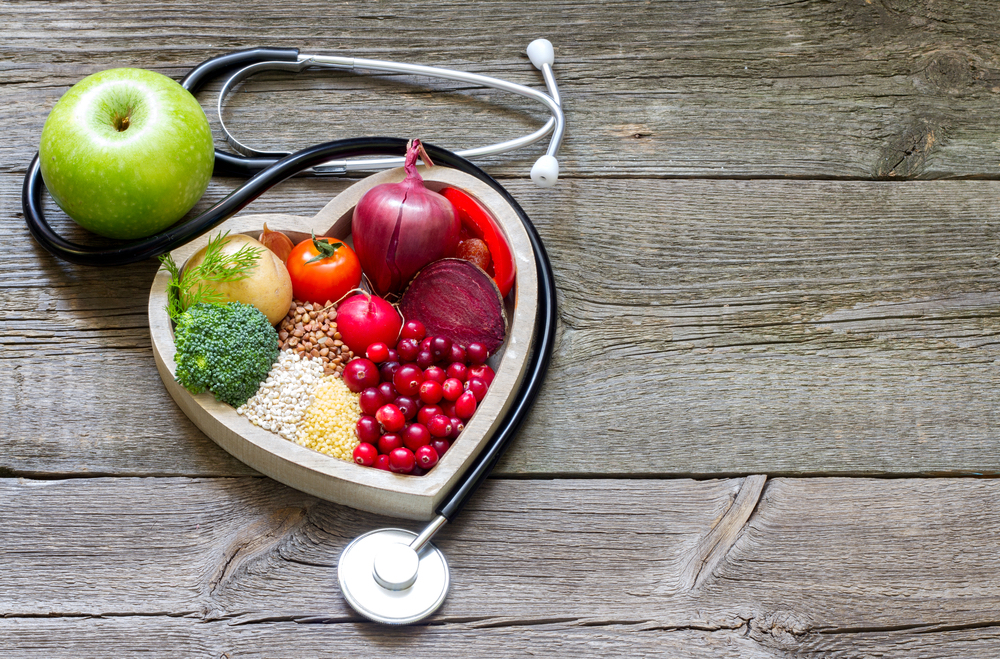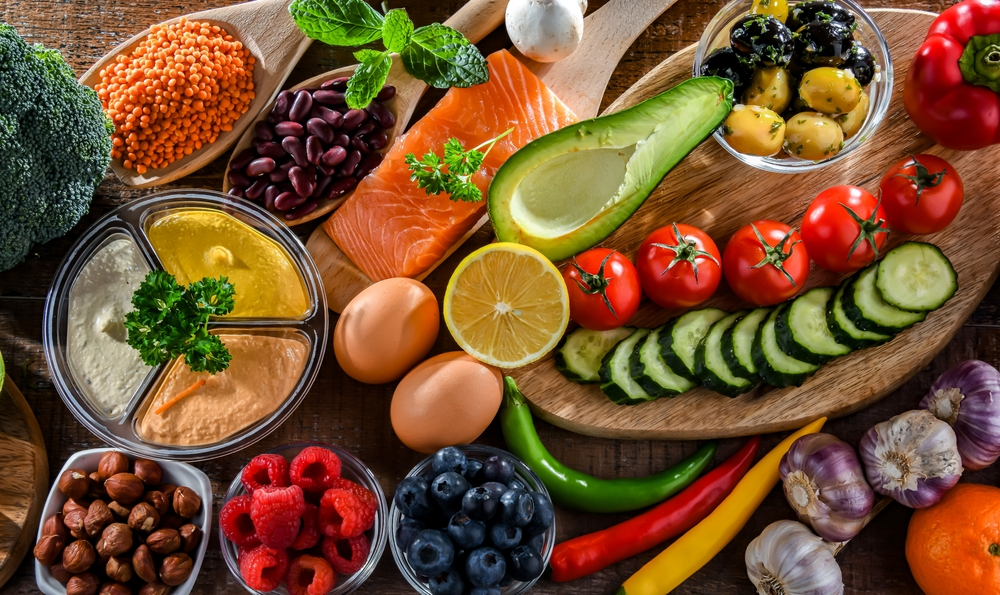These 5 Foods Help Prevent Heart Disease

Heart disease is deadly, but it’s also preventable by eating a healthy diet. Here are five heart-healthy foods to consider eating on a regular basis
Heart disease, also known as cardiovascular disease, is the number one cause of death worldwide. It can cause heart attacks and strokes. The good news is that heart disease can usually be prevented by eating nutrient-dense foods and living a healthy lifestyle. Researchers conclude that you can reduce your risk of heart attack by 81-94% through making healthy lifestyle and nutrition choices.
What Is Heart Disease?
Heart disease, or cardiovascular disease, describes a pathology of the heart and blood vessels, which is the system in which blood travels throughout your body. The most common form of heart disease is coronary artery disease. This is when plaque builds up on the walls of your arterial blood vessels. This can cause an obstruction, preventing blood and oxygen from flowing through that area and then to the heart. Ultimately, this can cause a heart attack.
There are methods to stave off the build-up of plaque in your arteries. Keeping your arteries flexible is crucial. This ensures the vessels don’t harden, therefore transferring blood appropriately. High cholesterol, specifically LDL cholesterol, contributes to the build-up of plaque. This is why medical professionals routinely check LDL numbers to assess your risk of heart disease. The process of plaque buildup is an inherently inflammatory process that involves many immune agents. Even fibrosis and calcification can occur, which creates lesions in the blood vessel walls.
Blood pressure is another factor used to predict the risk of heart disease. Higher blood pressure can be due to a narrowing of the arteries, either from an inflexibility of your blood vessels or plaque buildup. Not all cholesterol is created equal. The “good” cholesterol, HDL, is needed to lower LDL cholesterol. Keep reading to find out which food can protect you from this debilitating disease.
5 Foods That Protect Your Heart
Specific nutrients and bioactive compounds can expand your blood vessels to create more space for blood to flow. Food offers components to help lower LDL cholesterol and increase HDL cholesterol. Many nutrients lower the inflammatory response, therefore guarding against plaque formation.
Fish
Fish such as salmon, bluefin tuna, anchovies, bass, and sardines are abundant in omega-3 fatty acids. Eicosapentaenoic (EPA) and docosahexaenoic (DHA) are the components that make up omega-3 fatty acids. This type of fat drastically reduces inflammatory markers that promote the process of plaque formation in blood vessels. These fats also raise HDL cholesterol. HDL specifically lowers LDL cholesterol. Having adequate HDL on your annual lab draws is a positive sign in lowering your risk. Eating fish 2-3 times per week can offer these benefits. Additionally, many supplement brands offer concentrated forms of omega-3 fatty acids.
Nuts
Nuts, such as almonds and walnuts, are rich in vitamin E. Vitamin E is crucial for canceling out free radicals and therefore halting the inflammatory response that occurs at the blood vessel. It does so by stopping the oxidation of LDL cholesterol. Many large-scale studies have shown that vitamin E reduces the risk of heart attack and stroke. Walnuts specifically have more polyphenols than any other nut. Polyphenols are a type of bioactive compound; these are compounds in food that are not a micronutrient or macronutrient. Specifically, the polyphenol ellagitannin may result in a 10-fold decrease in heart disease risk by improving blood pressure and increasing HDL.

Beans
Beans are extremely high in fiber. Just half a cup of beans provides 7 grams of fiber, which is about 25% of the minimum recommended intake. A diet high in fiber helps your body get rid of extra cholesterol. As one of the most nutrient-dense foods, beans are high in vitamins, minerals and bioactive compounds. Several studies have found that beans can lower the risk factors associated with heart disease. Eating 2 servings of beans a day lowered LDL cholesterol by 8% in 2 months in one study.
Garlic
Widely used in cooking, and now growing in popularity as a supplement, garlic can drastically reduce blood pressure. A review of 20 studies concluded that garlic supplementation decreased blood pressure by an average of 6.1-8.6 mm, which is significant. Garlic increases nitric oxide which is necessary to dilate our blood vessels, allowing for adequate circulation of blood. Improvements in arterial stiffness have also been shown with garlic supplementation. The more flexible we can keep our blood vessels, the better.
Beets
Beets are incredibly high in nitrate, which is required to make nitric oxide. As stated, nitric oxide helps our blood vessels dilate. Beets are one of the top 10 plants with the highest antioxidant capability. This serves to stop damage to your blood vessel walls. One study showed that drinking beet juice for 4 weeks improved arterial stiffness by 20%.
Final Thoughts
Heart disease can be prevented by eating a variety of nutrient-dense foods. It does so by directly counteracting the underlying causes that can cause blocks in blood vessels. Additionally, food can improve blood pressure, lower LDL (bad cholesterol) and increase HDL (good cholesterol). These are all important factors when assessing your risk of cardiovascular disease.
This article is for informational purposes only and should not be used without the advice of your doctor. It does not claim to treat or cure health conditions.



